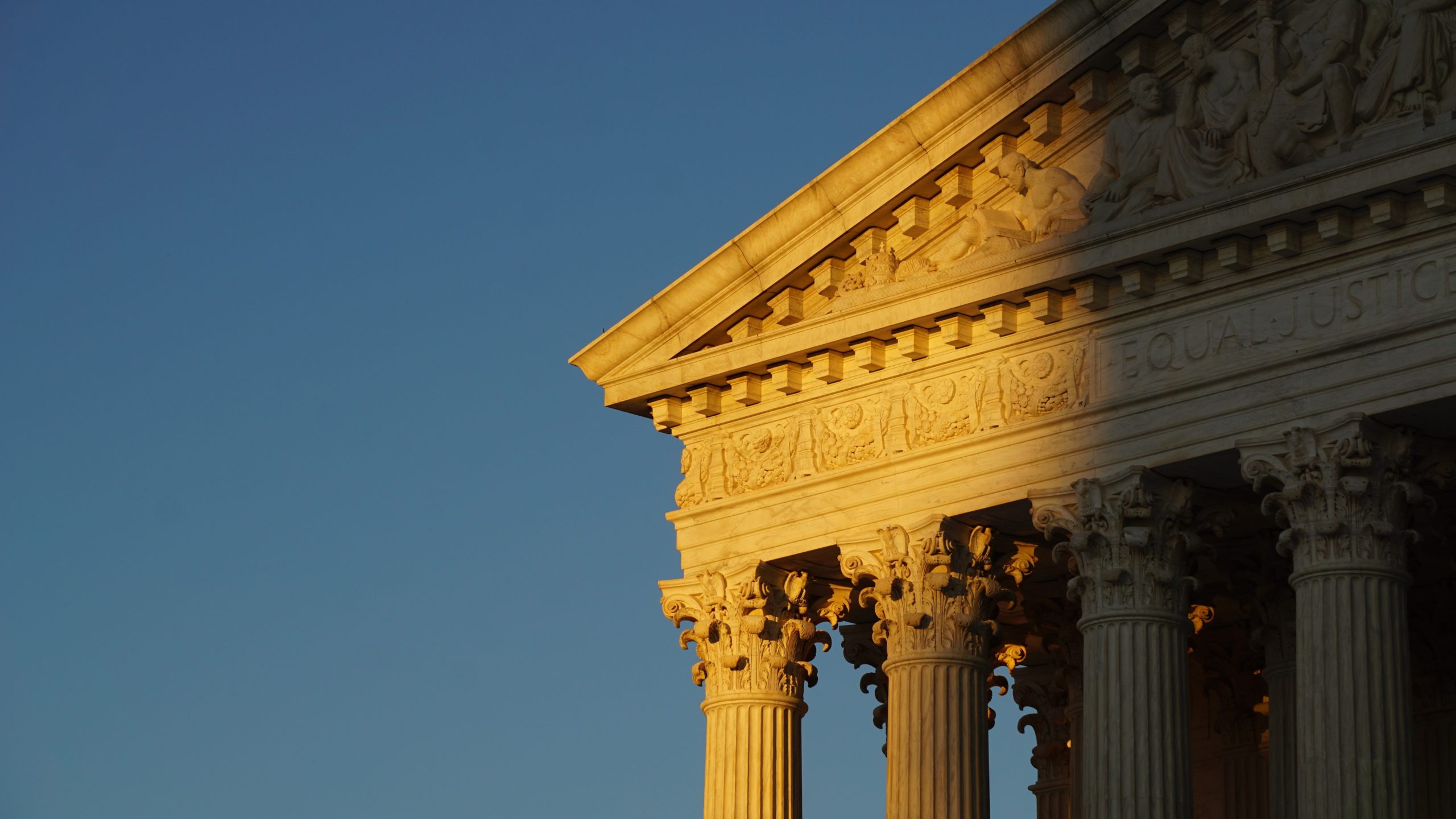
SCOTUS Ruling a Win for Government Employees’ Whistleblower Rights

…(W)hether the First Amendment protects a public employee who provides truthful sworn testimony, compelled by subpoena, outside the scope of his ordinary job responsibilities. We hold that it does.
Lane v. Franks, No. 13-483, 2014 BL 170102, 38 IER Cases 585 (U.S. June 19, 2014), or click here.
Nine to nothing. The Supreme Court surprised most of us yesterday by unanimously supporting the right of a government employee to blow the whistle and testify in court. Edward Lane is the whistleblower hero of the moment. Let’s not get too excited, however, because the facts of this case were overwhelming. Still, anytime SCOTUS rules unanimously for whistleblowers we have to be more than a little pleased.
The facts, as related by Associate Justice Sonia Sotomayor, tell you all you need to know about the fortitude required of whistleblowers:
In 2006, Central Alabama Community College (CACC) hired petitioner Edward Lane to be the Director of Community Intensive Training for Youth (CITY), a statewide program for underprivileged youth. CACC hired Lane on a probationary basis. In his capacity as Director, Lane was responsible for overseeing CITY’s day-to-day operations, hiring and firing employees, and making decisions with respect to the program’s finances.
At the time of Lane’s appointment, CITY faced significant financial difficulties. That prompted Lane to conduct a comprehensive audit of the program’s expenses. The audit revealed that Suzanne Schmitz, an Alabama State Representative on CITY’s payroll, had not been reporting to her CITY office. After unfruitful discussions with Schmitz, Lane shared his finding with CACC’s president and its attorney. They warned him that firing Schmitz could have negative repercussions for him and CACC.
Lane nonetheless contacted Schmitz again and instructed her to show up to the Huntsville office to serve as a counselor. Schmitz refused; she responded that she wished to ” ‘continue to serve the CITY program in the same manner as [she had] in the past.’ ” Lane v. Central Ala. Community College, 523 Fed. Appx. 709 , 710 (CA11 2013) (per curiam). Lane fired her shortly thereafter. Schmitz told another CITY employee, Charles Foley, that she intended to ” ‘get [Lane] back’ ” for firing her. [2012 BL 273664], 2012 WL 5289412 , *1 (ND Ala., Oct. 18, 2012). She also said that if Lane ever requested money from the state legislature for the program, she would tell him, ” ‘[y]ou’re fired.’ ”
You can read more about that here.
Lane was fired in 2009. A total of 29 “probationary employees” were fired during the same timeframe, though 27 of those firings were rescinded, supposedly, because their probationary status was in doubt. The administrator made Lane’s firing stick. This occurred after Lane testified under subpoena and Ms. Schmitz was indicted.
I want to stop right here and note the very familiar mindset of the heroic whistleblower as exemplified by Mr. Lane. He did it because he knew right from wrong. He did it even though he had to know that in this instance he was risking his job. He had little prospect of a reward and even yesterday’s ruling merely provides a moral — as opposed to a financial — victory after five years of battling and litigation.
How many of us have that kind of courage?
The Supreme Court did grant him a major moral victory as a result of his courage. It held that even though Lane learned of the fraud through the scope of his employment he still had rights as a citizen. It distinguished this case from its previous holding in Garcetti v. Ceballos:
In holding that Lane did not speak as a citizen when he testified, the Eleventh Circuit read Garcetti far too broadly. It reasoned that because Lane learned of the subject matter of his testimony in the course of his employment with CITY, Garcetti requires that his testimony be treated as the speech of an employee rather than that of a citizen. See 523 Fed. Appx., at 712 . It does not.
The Court draws the distinction between learning of the wrongdoing while on the job and having a job that requires testifying about wrongdoing or reporting on wrongdoing.
That is a distinction and a line of reasoning which is potentially valuable to Whistleblowers. If learning about wrongdoing while on the job is not, in and of itself, a bar to a government employee acting as a citizen, where oh where could it end?
Will those rights of citizenship extend to the right of government employee whistleblowers to report fraud and become Plaintiff-Relators under the False Claims Act, for example? Some courts already agree in some circumstances, while some state laws specifically do not let state employees collect as relators under their False Claims Acts.
This decision would seem to support the proposition that a government employee who learns of fraud on the job could take action as a Plaintiff-Relator, at least in certain circumstances. It is a hopeful moment to consider such possibilities now that government employees have had their basic rights as citizens under the First Amendment more strongly affirmed than they have had in a long, long time.












